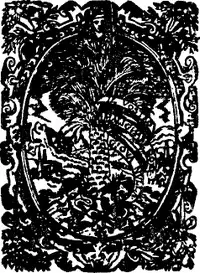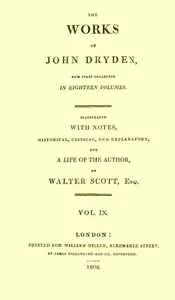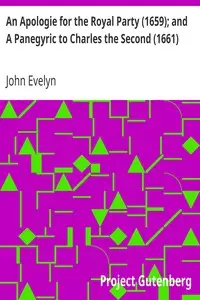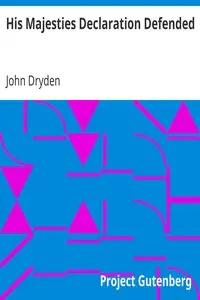"Anti-Achitophel" by Samuel Pordage and Elkanah Settle presents a series of political poems from the late 1600s, acting as direct responses to John Dryden's well-known "Absalom and Achitophel," and entering into the political arguments around kings, dishonesty, and faithfulness. The three poems each tackle the conflicts between political groups of the time, the Whigs and the Tories, representing their ideas through comparisons to stories and people from the Bible. The poem starts by asking the Tories to talk openly and fairly, even with their differences, brought on by the bold statements in Dryden’s poem, with the author carefully studying Tory tactics, making use of biblical comparisons to tie modern-day politicians to moral and philosophical ideas.

Anti-Achitophel (1682) Three Verse Replies to Absalom and Achitophel by John Dryden
By Samuel Pordage
In a world of political conflict come allegories that speak of kings and dishonesty.
Genres
Released
2006-06-06
Formats
epub3 (images)
mobi (images)
mobi
epub (images)
epub
txt
Free Download
Summary
About the Author
Samuel Pordage was a 17th-century English poet. He is best known by his Azaria and Hushai (1682), a reply to John Dryden's Absalom and Achitophel.
Samuel Pordage was a 17th-century English poet. He is best known by his Azaria and Hushai (1682), a reply to John Dryden's Absalom and Achitophel.
Total Reviews
10.0k
Total reviews from Goodreads may change







